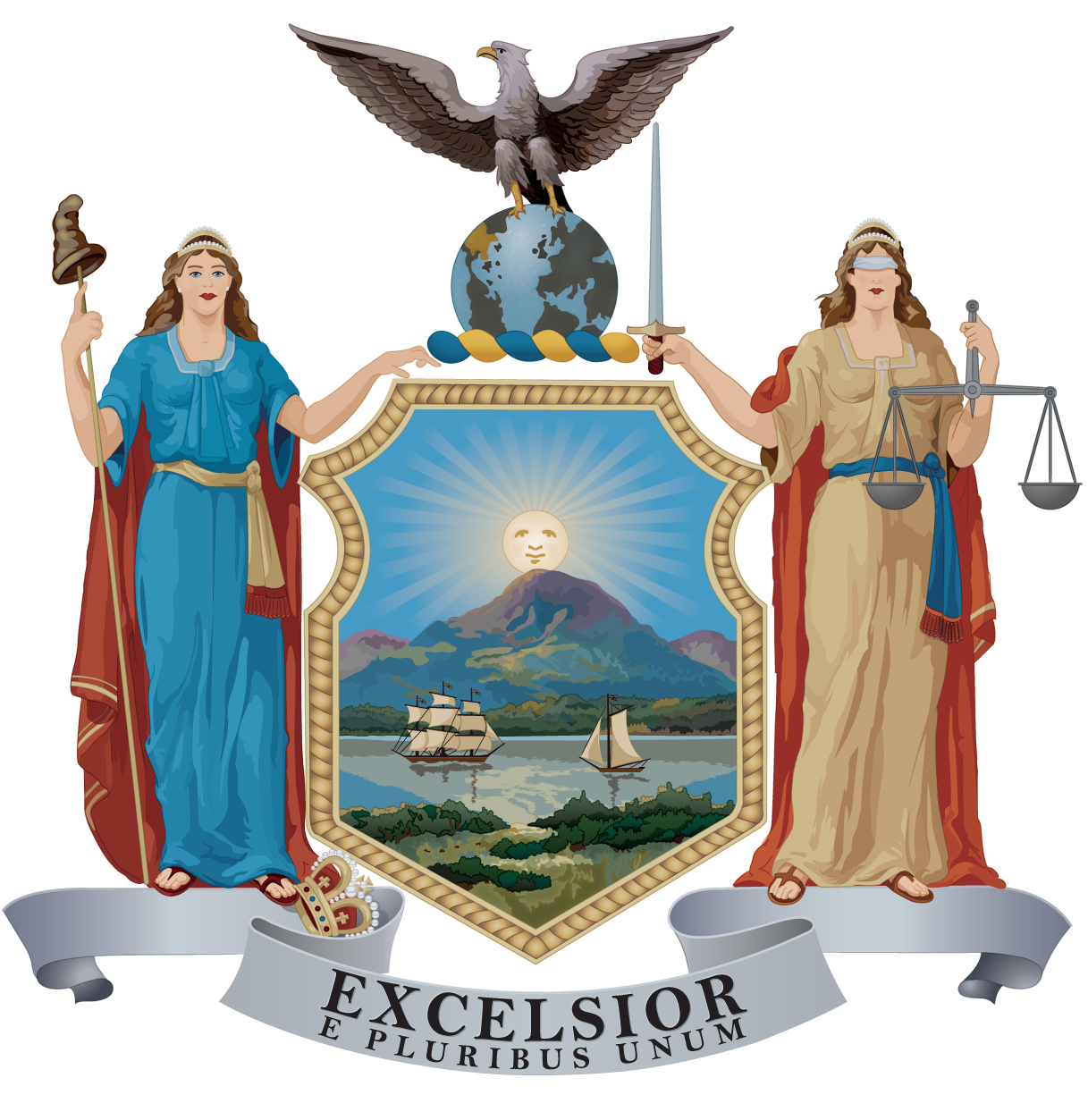July 22, 2020
Assembly Passes Legislation to Provide That New York Drivers Will Not Lose License for Inability to Pay Certain Traffic Fees and Fines
Speaker Carl Heastie and Assemblymember Pamela Hunter today announced the Assembly has passed legislation that would enable New Yorkers to make installment payments for many traffic-related fines and fees, helping to ensure they do not lose their driving privileges because they are not able to pay a traffic related fine or fee.
“For many New Yorkers, especially those in rural areas with limited public transportation options, the ability to get to and from work is dependent on the ability to drive,” said Speaker Heastie. “When an individual is unable to get to work, it is more than an inconvenience to the driver – it hurts families, communities and employers.”
“The practice of suspending drivers’ licenses for inability to pay fines and fees criminalizes New Yorkers for being poor,” said Assemblymember Hunter, sponsor of the bill. "Stripping an individual of his or her right to drive does little to accomplish the goal of receiving the fine or fee courts have imposed. In areas with limited public transportation, suspending driving privileges sometimes compels an individual to drive with a suspended license, risking criminal charges, additional fines and possible jail time.”
Under today’s legislation, a court would no longer be able to suspend an individual’s driver’s license for failure to pay a penalty imposed following a conviction for certain traffic violations or for failure to appear for the matter. Other mechanisms would still be available to the court or tribunal and DMV. In addition, the court or hearing officer imposing a fine or fee would be required to offer the person an installment plan at no extra charge (A.7463-B, Hunter).
New York State regularly suspends people’s driving privileges even though they are not able to pay a traffic-related fine or fee. Between January 2016 and April 2018, New York issued 1,686,175 driver’s license suspensions related to traffic debt. License suspension has significant adverse consequences for the individual, especially in areas where public transportation options are sparse. Without a license, a person cannot drive to work, school or even court. These consequences compound and amplify the impact of the suspension, making it less likely that the person can repay the initial debt and more likely that the person will incur additional censure and penalties from the court.
